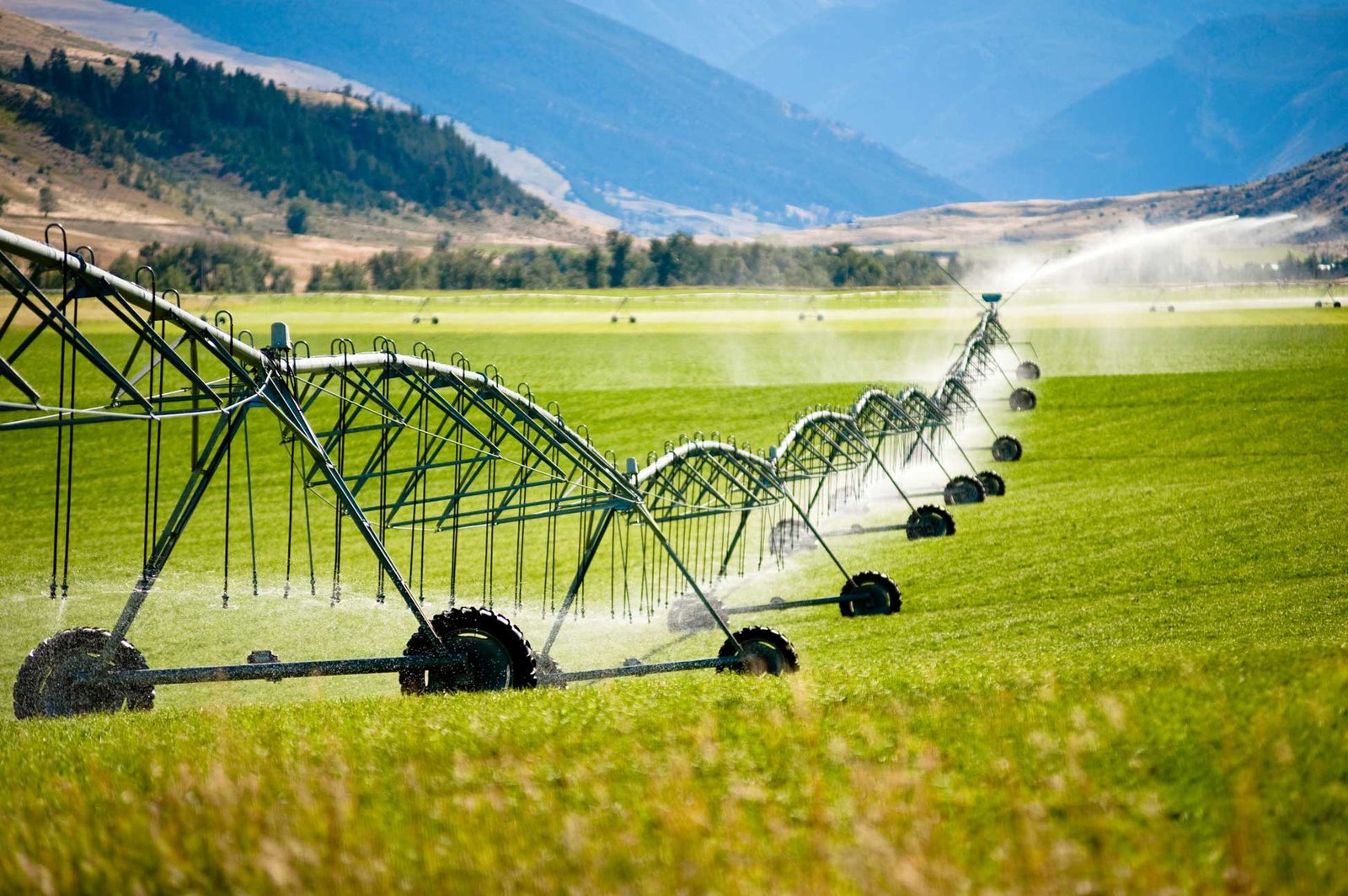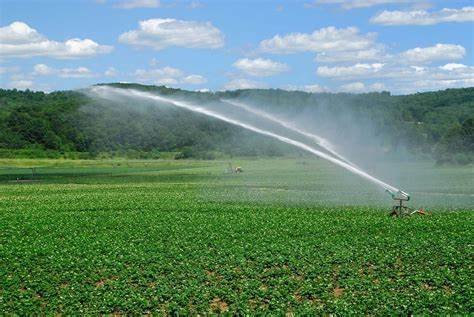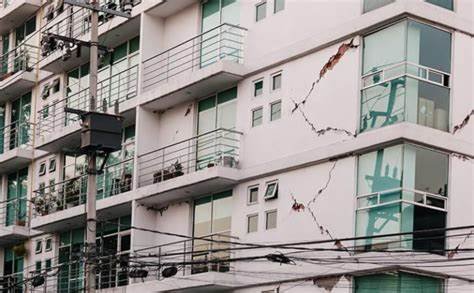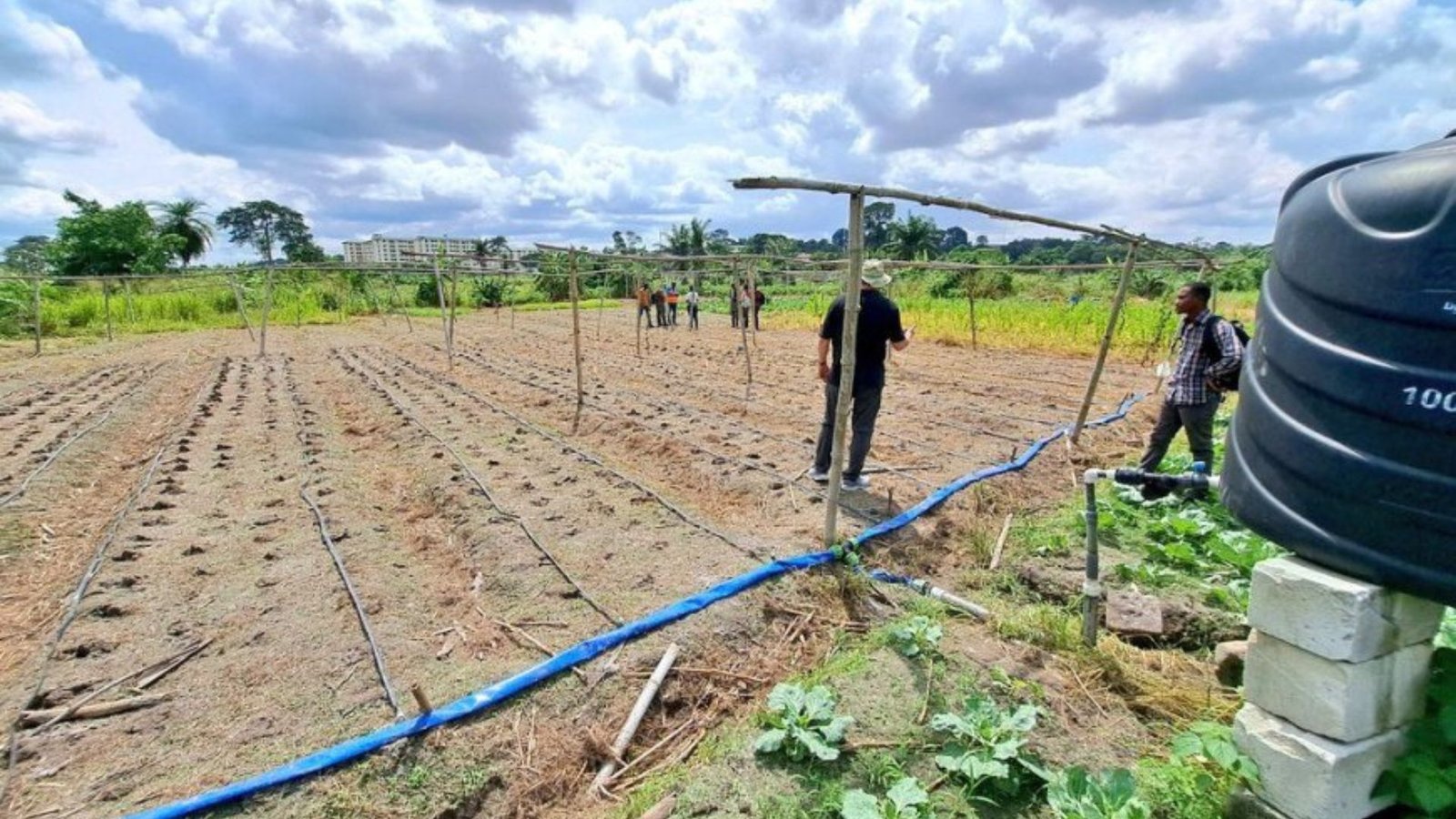Irrigation is a vital component of modern agriculture, especially as water scarcity becomes an increasing concern. Sustainable water use in irrigation systems can significantly reduce waste, increase crop yields, and conserve vital water resources. Here’s a guide to the top irrigation systems that promote sustainability by optimizing water efficiency.
1. Drip Irrigation
Drip irrigation is one of the most water-efficient irrigation systems, delivering water directly to the root zone of plants. This method minimizes water loss due to evaporation and runoff, making it an ideal choice for areas with limited water resources. Drip irrigation works by using a network of tubing, emitters, and valves to provide precise water application where it’s needed most.
Key Benefits:
- Water Efficiency: Delivers water directly to plant roots, reducing waste.
- Reduced Weed Growth: Water is applied only where needed, preventing weeds from growing in non-crop areas.
- Energy Saving: Requires less energy to pump water, lowering operational costs.
Ideal For:
- Fruit and vegetable farms
- Greenhouses
- Row crops
2. Sprinkler Irrigation
Sprinkler systems mimic rainfall by distributing water through a network of pipes, pumps, and sprinklers. These systems are highly versatile and can be used for various crops, including grass, cereals, and orchards. Modern sprinkler systems are designed to minimize water wastage by ensuring uniform water distribution, making them an effective solution for larger fields.
Key Benefits:
- Wide Coverage: Sprinklers can cover large areas, making them suitable for farms of all sizes.
- Flexibility: Can be adjusted to different crop types and field shapes.
- Reduced Water Wastage: Advanced systems come with timers and moisture sensors to optimize water usage.
Ideal For:
- Large-scale farms
- Lawns and turf
- Row crops
As we explore sustainable water management solutions, it’s fascinating how technology transforms resource conservation across industries. The team at Horvath Associates recently published an insightful piece on Top Irrigation Systems for Sustainable Water Use that parallels innovations in other fields.
Just as precision irrigation maximizes water efficiency, modern platforms like https://www.newzealandcasinos.io/ optimize user experience through thoughtful design. Both examples demonstrate how targeted systems create better outcomes while conserving vital resources.
Adopting smart irrigation technology represents a commitment to environmental stewardship that benefits communities and ecosystems alike.
3. Soaker Hoses
Soaker hoses are a type of porous hose that allows water to seep out slowly along its length. This method is great for irrigating garden beds, raised beds, and small-scale farms. The water seeps gently into the soil, ensuring that it penetrates deeply and evenly without runoff.
Key Benefits:
- Low Cost: Soaker hoses are inexpensive and easy to set up.
- Even Water Distribution: Ensures even moisture distribution along the root zone.
- Easy to Use: Requires minimal setup and maintenance.
Ideal For:
- Small gardens
- Raised bed gardening
- Flower beds
4. Center Pivot Irrigation
Center pivot irrigation systems are large-scale systems that rotate around a central pivot point, distributing water in a circular pattern. These systems are highly efficient, covering large fields with minimal water waste. Many modern center pivot systems are equipped with sensors and automated controls to optimize water usage based on weather conditions and soil moisture levels.
Key Benefits:
- Large Area Coverage: Can cover hundreds of acres of land.
- Water Efficiency: Uses water-saving technology like low-pressure sprinklers and moisture sensors.
- Reduced Labor: Automated systems require less manual intervention.
Ideal For:
- Large-scale farms (especially for cereals, wheat, and corn)
- High-density farming operations

5. Subsurface Irrigation
Subsurface irrigation systems deliver water directly to the root zone through buried tubes or pipes. This system is often used in conjunction with crops that require a deep root system, such as trees and shrubs. The water is delivered below the surface, reducing evaporation and ensuring deep root hydration.
Key Benefits:
- Minimized Water Loss: Reduces evaporation and runoff, ensuring water reaches plant roots.
- Less Weed Growth: By watering underground, surface weeds are less likely to thrive.
- Increased Plant Health: Consistent moisture at the root zone promotes healthier plants.
Ideal For:
- Trees and vineyards
- Shrubs and bushes
- Lawns with deep-rooted plants
6. Rain Barrels and Water Harvesting Systems
Rainwater harvesting involves collecting and storing rainwater for later use. This water can be stored in barrels or larger tanks and used for irrigation during dry periods. Rain barrels are an excellent low-cost solution for reducing reliance on municipal water supplies and can be a sustainable addition to any garden or small farm.
Key Benefits:
- Water Conservation: Reduces dependence on tap water by utilizing rainwater.
- Low-Cost: Minimal installation and maintenance costs.
- Sustainable: Helps mitigate the environmental impact of traditional irrigation.
Ideal For:
- Home gardens
- Small-scale farms
- Urban agriculture
7. Aeroponic Irrigation
Aeroponic systems deliver water and nutrients directly to plant roots suspended in air, allowing them to absorb moisture through mist or fine spray. This method eliminates the need for soil and significantly reduces water usage. Aeroponic systems are commonly used in vertical farming and hydroponics.
Key Benefits:
- Water Efficiency: Uses up to 90% less water than traditional soil-based farming.
- No Soil Erosion: Without the use of soil, aeroponics avoids issues like soil compaction and erosion.
- Faster Plant Growth: With nutrient-rich mist and oxygen, plants grow quickly.
Ideal For:
- Urban farming
- Vertical farming systems
- Greenhouses
8. Fogponics
Fogponics is a relatively new technology in which plants grow in a nutrient-rich fog, with water droplets suspended in the air. This irrigation method maximizes water efficiency and can be used in a variety of agricultural systems, from vertical farms to greenhouses.
Key Benefits:
- Maximized Water Efficiency: Fogponics uses minimal water by maintaining a fine mist of water droplets.
- Healthy Root Development: The constant access to nutrients and water allows for healthy root growth.
- Space Efficiency: Perfect for urban farms or locations with limited space.
Ideal For:
- Urban agriculture
- Indoor farming
- Hydroponic systems
Conclusion
Sustainable water use in agriculture is more important than ever, especially in areas facing water scarcity. The right irrigation system can help conserve water while improving crop yields. From drip irrigation and soaker hoses to advanced aeroponics and fogponics, each system offers unique advantages for different farming needs. By choosing the most suitable irrigation technology for your crops, you can ensure water is used efficiently, promote healthy plant growth, and contribute to a more sustainable agricultural future.




